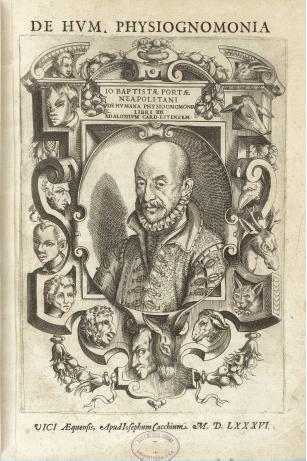In the sixteenth century, Europeans set out to control nature by “taking charge of race,” in the words of heretic philosopher Tommaso Campanella. The prevailing wisdom of animal husbandry suggested that society could be improved if only humans could properly breed themselves as they had done with horses, dogs, and sheep. Modern concepts of race originated in early modern thinking about animals and humans together. In the fifteenth and sixteenth centuries, husbandmen started applying the term “race” to animals bred in systematic projects. These husbandmen and their patrons considered “race” to be the result of intentional selection in breeding rather than an essential identity inherent to plants, animals, and humans. Using archival sources in European and Mesoamerican languages along with bioarchaeological evidence, this project analyzes how this zoological terminology of animal difference came to characterize human difference and spread throughout the Iberian empires. European ideas of breeding both influenced the principles by which good traits were selected and shaped taxonomic categories for humans and animals. Over the next two years, Cooley will be expanding this research using additional evidence from the Spanish Atlantic and Pacific Islands.

Animal bodies define human character in the frontispiece of Giambattista della Porta’s On Human Physiognomy (1586).

